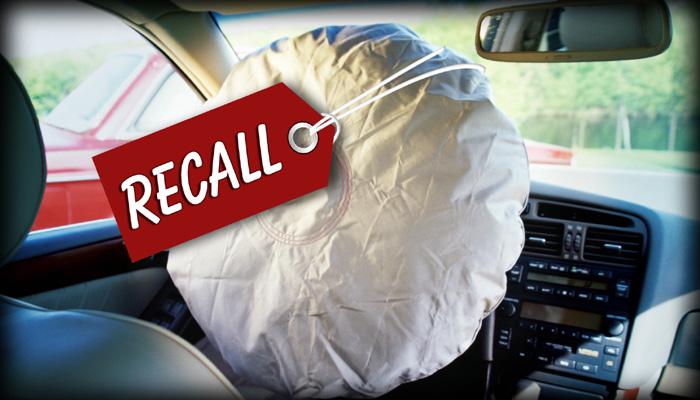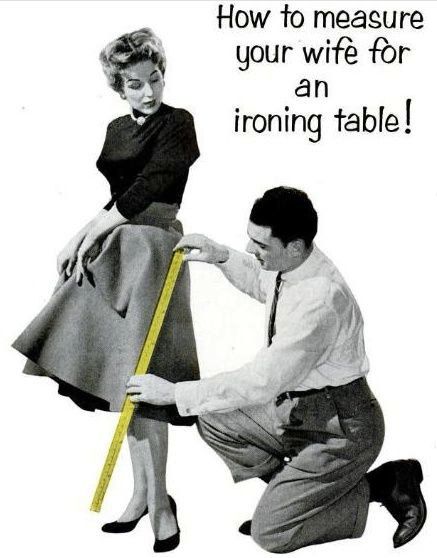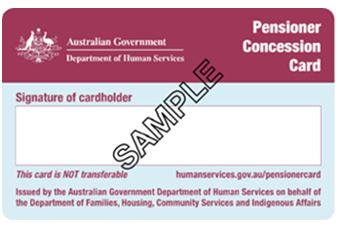|
|
||||||||||||||||||||||||||||||||||||||||||||||||||||||||||||||||||||||||
|
||||||||||||||||||||||||||||||||||||||||||||||||||||||||||||||||||||||||
|
Privacy Policy | Editorial Policy | Profit Policy | Join the Association | List of Members | Contact us | Index | Links |
||||||||||||||||||||||||||||||||||||||||||||||||||||||||||||||||||||||||
|
Back Go to page: 1 2 3 4 5 6 7 8 9 10 11 12 13 14 15 16 17 18 19 20 Forward
|
||||||||||||||||||||||||||||||||||||||||||||||||||||||||||||||||||||||||
|
Out in the Shed with Ted.
Ted McEvoy. |
||||||||||||||||||||||||||||||||||||||||||||||||||||||||||||||||||||||||
|
|
||||||||||||||||||||||||||||||||||||||||||||||||||||||||||||||||||||||||
|
Click the pic above to access the Kedron Wavell Services club web site.
|
||||||||||||||||||||||||||||||||||||||||||||||||||||||||||||||||||||||||
|
Pension rates from 20 September 2017.
|
||||||||||||||||||||||||||||||||||||||||||||||||||||||||||||||||||||||||
Due to the calculation of pension rates on a daily basis, the first pension paid after the indexation on payday 28 September 2017 will comprise a component of both the old and the new rates.
The new pension rates will be fully effective from pension payday 12 October 2017.
Carer's allowance is $124.70 per fortnight and is reviewed each year on the 31 December. |
||||||||||||||||||||||||||||||||||||||||||||||||||||||||||||||||||||||||
|
|
||||||||||||||||||||||||||||||||||||||||||||||||||||||||||||||||||||||||
|
DFRB/DFRDB
There is an important DFRB/DFRDB update, click HERE to read/download it
|
||||||||||||||||||||||||||||||||||||||||||||||||||||||||||||||||||||||||
|
Click the pic above for details.
|
||||||||||||||||||||||||||||||||||||||||||||||||||||||||||||||||||||||||
|
Your Pension – and Selling Your Home.
Your principal home is an exempt asset while you are residing in it. If you sell your home, whether your pension is affected or not depends on what you intend to do with the money obtained from the sale.
If you do not intend to buy a home.
If you do not intend to buy a new principal home with your sale proceeds, then the money from the sale of your home will be treated like all other financial assets. This means that income will be deemed to have been earned on the money under the income test. It will also be counted as an asset under the assets test. For more information, refer to Factsheet IS89 Deeming and Financial Assets.
If you intend to acquire another principal home.
If you intend to buy another home or have another home built within 12 months of selling your old home, then the portion of your sale proceeds which you intend to use to buy or build your new home will not be counted as an asset for 12 months, or until you buy or build your new home, whichever happens first.
Although this portion of your sale proceeds is not counted as an asset, income will be deemed to be earned on any part of the sale proceeds that you retain. This will result in an increase in your total assessable income and, depending on your current level of income and assets, most likely reduce your fortnightly pension payment. It could also change your pension from being asset tested to income tested. For more information, please refer to Factsheet IS35 How to work out your rate of Service Pension-Couples or Factsheet IS34 How to work out your rate of Service Pension-Singles.
Example: A pensioner couple sells their home for $900,000 and intends to buy another house for $850,000. The couple decides to put the $900,000 in their bank account until they can find a home. Under the income test, the $900,000 will be added to the couple’s other financial assets and deemed to earn income. Under the assets test, only $50,000 will be counted as an asset as the couple intends to use $850,000 within 12 months to buy their new home. The $850,000 will not be counted as an asset for pension purposes for 12 months or until they acquire their home, whichever happens first.
*Note: - If you are experiencing delays beyond your control and the initial asset exemption will soon expire, the exemption may be extended for up to an additional 12 months. This is explained in more detail later in this Factsheet.
If you intend to make progress payments for a home to be built.
If you intend to have another home built within 12 months of selling your old home and will be making progress payments, then the portion of your sale proceeds which you intend to use to build your new home will not be counted as an asset for 12 months, or until you complete your new home, whichever happens first. If the proceeds of the sale are used to purchase assets that will be used to construct a home, for example land and building materials, they are also exempt from the assets test for that period. The exempt portion of your sale proceeds will reduce as you use the funds to build your house. The 12 month exemption period will continue to apply to the remainder of the exempt proceeds.
Although this portion of your sale proceeds is not counted as an asset, income will be deemed to be earned on any part of the sale proceeds that you retain. This will result in an increase in your total assessable income and, depending on your current level of income and assets, most likely reduce your fortnightly pension payment. It could also change your pension from being asset tested to income tested. For more information, please refer to Factsheet IS35 How to work out your rate of Service Pension-Couples or Factsheet IS34 How to work out your rate of Service Pension-Singles.
Example: A pensioner sells his home for $900,000 with the intention of using the total proceeds to build a new home within 12 months. The pensioner decides to put the $900,000 in his bank account and make progress payments to build his new home. Under the income test, the $900,000 will be added to his financial assets and deemed to earn income. Under the assets test, the proceeds allocated for the new home will not be counted as an asset for 12 months or until he completes his home, whichever happens first.
If the pensioner uses part of the $900,000 to buy a $40,000 block of land where he intends to build his new home. The amount in the pensioner’s bank account is reduced, from $900,000 to $860,000. The remaining $860,000 in the bank account continues to be classified as the pensioner’s financial asset and deemed to earn income. Under the assets test, the $860,000 remaining funds and the $40,000 block of land will be exempt. Any progress payments made towards building the new house will reduce both the exempt funds (under the assets test) and the deemed income (under the income test) by an amount equal to the progress payment made. This exemption applies for 12 months or until the pensioner completes his home, whichever happens first. If a change in your circumstances will result in an increase in your pension rate, your pension can only be increased from the date that you notify the Department of the change.
*Note: - If you are experiencing delays beyond your control and the initial asset exemption will soon expire, the exemption may be extended for up to an additional 12 months.
If you are experiencing delays in acquiring your new home.
If your home sale proceeds assets exemption will soon expire, but your new home is not yet acquired, you may apply for an extension of the asset exemption for up to an additional 12 months. To be granted an extension you must be able to satisfy these requirements:
The extended exemption will cease when the new home is acquired or 24 months after the former home was sold, whichever happens first.
Example: A pensioner sells his/her home with the intention of using all of the sale proceeds to build a new home within 12 months. He/she has used part of the proceeds to purchase a block of land and obtained development approval for the new home. However, due to construction demands in the area, he/she cannot find a builder available to commence work until the tenth month and the building work is expected to take five months to complete.
The pensioner contacts DVA, asks for an extension of the initial 12 months exemption and is able to provide documents verifying that he/she has commenced efforts to acquire a home, but is experiencing delays beyond his/her control. The extended exemption will now apply for up to an additional 12 months (i.e. 24 months from date of home sale), or until the pensioner completes his/her home, whichever happens first. If you initially intended to acquire a new home, but you later change your plans.
If you initially intended to buy or build a new principal home, but your intentions later change or cease, you need to notify DVA. This is because your changed intentions may impact the asset test exemption of your home sale proceeds and may also affect your pension rate.
Examples of changed intentions include:
What if you pay rent while you are looking for another home?
You are still regarded as a homeowner during the 12 month period in which you are looking for another home or are waiting for another home to be built. This means that you will still be subject to the lower asset value limit that applies to homeowners. However, you may be eligible for rent assistance if you pay rent during this period. To apply for rent assistance, contact DVA and send them a current rent receipt or a copy of the lease. For more information refer to Factsheet IS74 Renting and Rent Assistance.
What if you live in a second property you own while looking for another home?
If you live in another property you own while looking for a replacement for your former principal home, then the second property becomes your principal home. Consequently, the new principal home is exempt from assessment under the assets test and the proceeds from the sale of your former home are assessed instead.
What if you sell your home to move into a retirement village?
The same assessment rules will apply to the proceeds of the sale of your former principal home when you move into a retirement village. However, your status as a homeowner and your eligibility for rent assistance may change, depending on the amount of entry contribution you are required to pay for the right to live in the retirement village. For more information refer to Factsheet IS73 Granny Flats, Retirement Villages and Sale Leaseback Agreements.
What if you sell your home after entering care?
If your former home is sold during the two year exemption period after entering care, your principal home exemption ceases and you will be considered a non-homeowner. This applies even if another house is purchased with the sale proceeds while you remain in care.
Your Obligations.
When you are granted an income support pension and periodically after that, you will be notified of your obligations. You will be required to tell DVA within 14 days (28 days if you live overseas or receive remote area allowance) of changes to your circumstances that might affect the rate of income support pension you receive or your eligibility to receive that pension. These obligations apply equally to trustees. Please note that if a change in your circumstances will result in an increase in your pension rate, your pension can only be increased from the date that you notify the Department of the change.
If you sell your home the sorts of things you would need to tell DVA about within 14 days (28 days if you live overseas or receive remote area allowance) are:
If you buy another home or land on which you intend to build a new home, the sorts of things you would need to tell DVA about within 14 days (28 days if you live overseas or receive remote area allowance) are:
If you are making progress payments for a home to be built, the sorts of things you would need to tell DVA about within 14 days (28 days if you live overseas or receive remote area allowance) are:
If your home sale proceeds are being exempted from the assets test the sorts of things you would need to tell DVA within 14 days (28 days if you live overseas or receive remote area allowance) are:
Usually an overpayment of pension will not occur when you have met your obligations. However, sometimes even if you have met your obligations, an overpayment can occur because DVA have not been able to process the change before the next payday. DVA do their best to avoid this occurring, but it is not always possible. To provide you with your exact entitlement DVA are obliged to recover overpayments of pension where they do occur.
You will find additional information HERE
|
||||||||||||||||||||||||||||||||||||||||||||||||||||||||||||||||||||||||
|
If you're in Brisbane on the 7th November and looking for an excellent site to watch and celebrate the Melbourne Cup, click the pic above.
|
||||||||||||||||||||||||||||||||||||||||||||||||||||||||||||||||||||||||
|
The Mexican Maid asked for a pay rise. The wife was very upset about this and decided to talk to her about the raise. She asked: "Now Maria, why do you want a pay increase?" Maria: "Well, Señora, there are tree reasons why I wanna increaze. The first is that I iron better than you." Wife: "Who said you iron better than me? "Maria: "Jor huzban he sayso." Wife: "Oh yeah?" Maria: "The second reasoneez that I am a better cook than you." Wife: "Nonsense, who said you were a better cook than me?" Maria: "Jor hozban did." Wife, increasingly agitated: "Oh he did, did he?" Maria: "The third reason is that I am better at sex than you in the bed." Wife, really boiling now and through gritted teeth. Wife: "And did my husband say that as well?" Maria: "No Señora....The gardener did.”
Wife: "So, how much do you want?"
|
||||||||||||||||||||||||||||||||||||||||||||||||||||||||||||||||||||||||
|
More Budget Questions and Answers.
|
||||||||||||||||||||||||||||||||||||||||||||||||||||||||||||||||||||||||
|
|
||||||||||||||||||||||||||||||||||||||||||||||||||||||||||||||||||||||||
|
If you don’t drink, how will your friends know you love them at 2.00am.
|
||||||||||||||||||||||||||||||||||||||||||||||||||||||||||||||||||||||||
|
DVA Senior Staffing Update.
Major General Mark Kelly AO DSC (right) has been reappointed as the Repatriation Commissioner for a period of two years. As Repatriation Commissioner, Major General Kelly has special responsibility for representing the views of the ex-service community to the Commission and plays a key role in managing the Veterans and Veterans Families Counselling Service (VVCS), the Applied Research Program, our National Consultative Forums, commemorative grants and assisting in commemorative activities. Major General Kelly was first appointed to this role in 2010.
Ms Meghan Bailey has been appointed in the position of Deputy Commissioner Northern Territory and commenced in the role on the 17th July 2017. Ms Bailey has extensive experience in the public, private and non-government organisation sectors and will actively represent the Department amongst the Northern Territory veteran community. Ms Bailey will report to the Deputy Commissioner for Queensland, Ms Leanne Cameron.
|
||||||||||||||||||||||||||||||||||||||||||||||||||||||||||||||||||||||||
|
If your cup is only half full, you probably need a different bra.
|
||||||||||||||||||||||||||||||||||||||||||||||||||||||||||||||||||||||||
|
Female Veterans Policy Forum.
The first Female Veterans Policy Forum, facilitated by the Department, was held in Canberra on 5-6 December 2016. The forum provided an opportunity for female veterans and families of veterans to raise issues and for the Government to listen and acknowledge their unique experiences and the impact of service on their lives. A range of issues were raised at the forum including:
DVA is already engaged in a number of activities to address the concerns raised at the forum, including collaborating with key representative organisations, investigating options for online networking and building this feedback into the work they are undertaking to improve the transition to civilian life for ADF members through the Transition Taskforce. The next Forum is planned to be held on 10-11 October 2017.
You can read a report of the December 2016 forum HERE.
|
||||||||||||||||||||||||||||||||||||||||||||||||||||||||||||||||||||||||
|
If you're looking for an excellent night out, click the pic above.
|
||||||||||||||||||||||||||||||||||||||||||||||||||||||||||||||||||||||||
|
|
||||||||||||||||||||||||||||||||||||||||||||||||||||||||||||||||||||||||
|
Reconciliation Action Plan.
On the 25th May, DVA launched its Reconciliation Action Plan (RAP), coinciding with Reconciliation Week. The RAP is named “Galumbany”, which is a Ngunnawal word for “me, you, we, together”. It is valid for one year and is available on the website HERE.
10th Anniversary – VAN Telephone Service.
On the 31st May, 2007, DVA began its journey from six switchboards to a single enquiry line with the birth of the Veterans Service Centre in Melbourne, Adelaide and Perth. By late 2011 it had become the Veterans’ Access Network (VAN) with staff in all capital city and regional DVA offices answering calls from clients in all states and territories. After 10 years VAN staff have responded to more than five million calls, 125,000 emails, 150,000 counter visits and 6,000 call-back requests.
Well done!!
Advert in a liquor store in Toorak.
We are always surprised at what the pony-tails of the advertising world will come up. This sign was in the window of a liquor store in the reputable Melbourne suburb of Toorak. If you can’t read the small print on the label it says: “Never knock one back.”
We’ve checked the advertised web site, it doesn’t work, perhaps the blue rinse set objected to the “flavour” and had it discontinued.
And speaking of beer commercials, which we weren’t, but now we will, have a look at this one. Has to be the best beer commercial ever made.
|
||||||||||||||||||||||||||||||||||||||||||||||||||||||||||||||||||||||||
|
|
||||||||||||||||||||||||||||||||||||||||||||||||||||||||||||||||||||||||
|
|
||||||||||||||||||||||||||||||||||||||||||||||||||||||||||||||||||||||||
|
AirBags.
A number of recalls have been announced in Australia for Takata airbags. These recalls affect a large number of car makes and models and a small number of motorcycles and trucks.
There have been serious injuries and deaths from faulty Takata airbags. The inflator may mis-deploy in an accident and metal shards from the inflator may injure or kill drivers/riders or passengers.
Consumers are strongly urged to check whether their vehicles are included in the recall by checking the list below or contacting a dealership or the vehicle manufacturer.
Most of the recalls have lists of affected Vehicle Identification Numbers (VINs) or tables of affected VIN ranges attached. The VIN is a 17 digital aphanumeric that is unique to each vehicle. If you need assistance locating the VIN on your vehicle, contact a dealership or the vehicle manufacturer.
See the list HERE.
|
||||||||||||||||||||||||||||||||||||||||||||||||||||||||||||||||||||||||
|
Taking a woman to bed.
What is the difference between girls/women aged 8, 18, 28, 38, 48, 58, 68 and 78?
At 8 you take her to bed and tell her a story. At 18 you tell her a story then take her to bed. At 28 you don’t need to tell here a story to take her to bed. At 38 she tells you a story and takes you to bed. At 48 she tells you a story to avoid going to bed. At 58 you stay in bed to avoid the story. At 68 if you take her to bed, that’ll be a story. At 78 – what story? What bed??
|
||||||||||||||||||||||||||||||||||||||||||||||||||||||||||||||||||||||||
|
|
||||||||||||||||||||||||||||||||||||||||||||||||||||||||||||||||||||||||
|
Click the pic above for details.
|
||||||||||||||||||||||||||||||||||||||||||||||||||||||||||||||||||||||||
|
Australian Public Service.
Next time you have a gripe against the APS, think yourself lucky that you’re not living in Norway or South Korea or even the US. Someone has come up with a report called “The International Civil Service Effectiveness Index” which ranks Australia’s PS as the third best in the whole wide world. Canada tops the list, closely followed by NZ then OZ.
You can see the ranking HERE and if you’re really bored with nothing else to do, you can read the whole report HERE.
Some words of wisdom for our fairer sex.
The video below is good advice on how our fairer sex should behave in order to be attractive to the males of this world.
|
||||||||||||||||||||||||||||||||||||||||||||||||||||||||||||||||||||||||
|
|
||||||||||||||||||||||||||||||||||||||||||||||||||||||||||||||||||||||||
|
And ladies, if you’re looking for a husband, the video below will show you how you should conduct yourself.
|
||||||||||||||||||||||||||||||||||||||||||||||||||||||||||||||||||||||||
|
|
||||||||||||||||||||||||||||||||||||||||||||||||||||||||||||||||||||||||
|
|
||||||||||||||||||||||||||||||||||||||||||||||||||||||||||||||||||||||||
|
And if you've followed our advice, by now you should be married, here's some advice on the conjugal business.
|
||||||||||||||||||||||||||||||||||||||||||||||||||||||||||||||||||||||||
|
|
||||||||||||||||||||||||||||||||||||||||||||||||||||||||||||||||||||||||
|
And then of course, there's this valuable little piece of advice!!
|
||||||||||||||||||||||||||||||||||||||||||||||||||||||||||||||||||||||||
|
|
||||||||||||||||||||||||||||||||||||||||||||||||||||||||||||||||||||||||
|
If anyone's looking for me, I’m in hiding.
|
||||||||||||||||||||||||||||||||||||||||||||||||||||||||||||||||||||||||
|
Unless you have been through a cyclone it’s really hard to understand what it can be Like. I remember when cyclone Larry hit. I had been through many cyclones before but my wife had not. She didn’t know what to expect. When the wind started and trees started to bend and break, I noticed her staring through the glass doors. That look of fear on her face will always stay with me. I couldn’t help but feel sorry for her. The winds worsened and the rain intensified. She stared through the doors for hours until the eye came over and all went calm. When the wind stopped. I was able to unlock the door and let her in.
|
||||||||||||||||||||||||||||||||||||||||||||||||||||||||||||||||||||||||
|
DVA to merge with Centrelink!!
Recently there have been emails and Facebook posts suggesting that the Government intends to merge DVA into Centrelink. This “gem” comes from an “Undisclosed Source” and states that the merger will occur on or prior to October 2017.
It’s all CRAP.
The following was immediately released by the Minister, Dan Tehan:
The Australian Government is committed to a stand-alone Department of Veterans’ Affairs (DVA). This has been an election commitment by the Coalition over successive elections and remains Government policy.
There are no plans to merge DVA with the Department of Human Services (DHS). There is no meeting planned for this week and there is no agreement to be signed in the near future to subsume DVA into DHS.
DHS manages DVA’s ICT infrastructure under a Memorandum of Understanding that was signed in 2011. Prior to this agreement DVA’s ICT infrastructure was outsourced to IBM. There has been no change to DVA’s recruitment policy. DVA continues to recruit in-line with Australian Public Service policy, with a priority on hiring staff who are passionate about supporting veterans.
Rest Easy!!
Veterans’ Affairs Information Kit.
The Hon David Feeney, MP, Federal Member for Batman, Shadow Assistant Minister for Defence, Shadow Minister for Veterans Affairs, Shadow Minister for the Centenary of the Anzac and the Shadow Minister for Justice has released a booklet which is a guide to payments and services available to veterans and their families.
This is a very handy little booklet, which has been released by the Opposition (where is the Government??) and you should print it out and keep it handy.
You can get it HERE.
Typical??? absolutely, see the video.
Pensions.
If you’re one of those who lost their part pension and (quite valuable) Pensioner Concession Card (PCC) on the 1st January, 2017, the recent federal budget stated the Government’s intention to re-issue the card to eligible people.
A departmental spokesman has now confirmed that from the 9th October, 2017, the PCC will be reinstated to about 92,300 former pension recipients, including 3600 Department of Veterans’ Affairs payment recipients. The Government recognises that those whose pensions were cancelled on the 1st January, 2017, due to the rebalancing of the assets test, lost their entitlement to a range of concessions without any change to their income or assets. They will reinstate the PCC to maximise concessions for these people. This change will help these people in accessing discounts and concessions offered by States, Territories and private providers. Consistent with the Health Care Card and Commonwealth Seniors Health Card they currently have, the PCC will be automatically reissued over time with an ongoing income and assets test exemption. Other eligibility requirements, such as portability conditions, will still need to be met.
These people will also retain the Commonwealth Seniors Health Card to ensure they continue to receive the Energy Supplement. The HCC will become redundant, and will be deactivated.
|
||||||||||||||||||||||||||||||||||||||||||||||||||||||||||||||||||||||||
|
|
||||||||||||||||||||||||||||||||||||||||||||||||||||||||||||||||||||||||
|
|
||||||||||||||||||||||||||||||||||||||||||||||||||||||||||||||||||||||||
|
Blessed are those who are cracked, for they are the ones who let in the light!
|
||||||||||||||||||||||||||||||||||||||||||||||||||||||||||||||||||||||||
|
Ok, Ok!! – I’m going back to my room now!!
|
||||||||||||||||||||||||||||||||||||||||||||||||||||||||||||||||||||||||
|
|
||||||||||||||||||||||||||||||||||||||||||||||||||||||||||||||||||||||||
|
| ||||||||||||||||||||||||||||||||||||||||||||||||||||||||||||||||||||||||






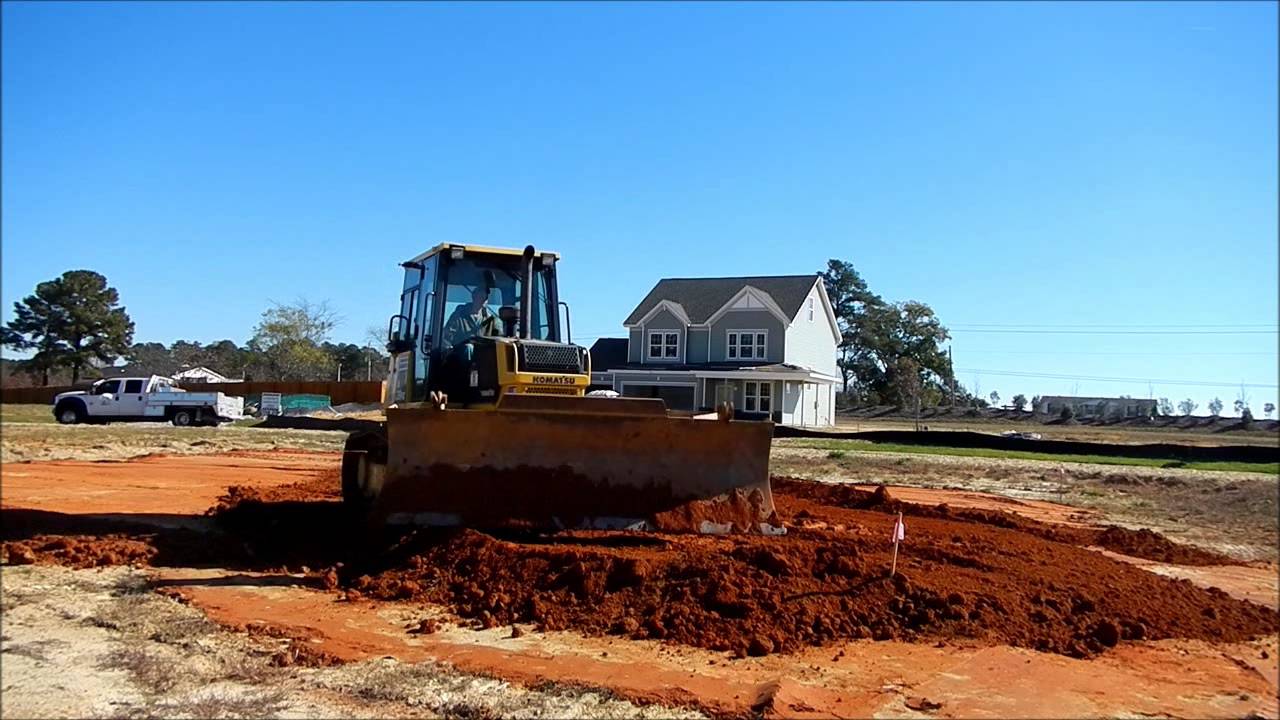

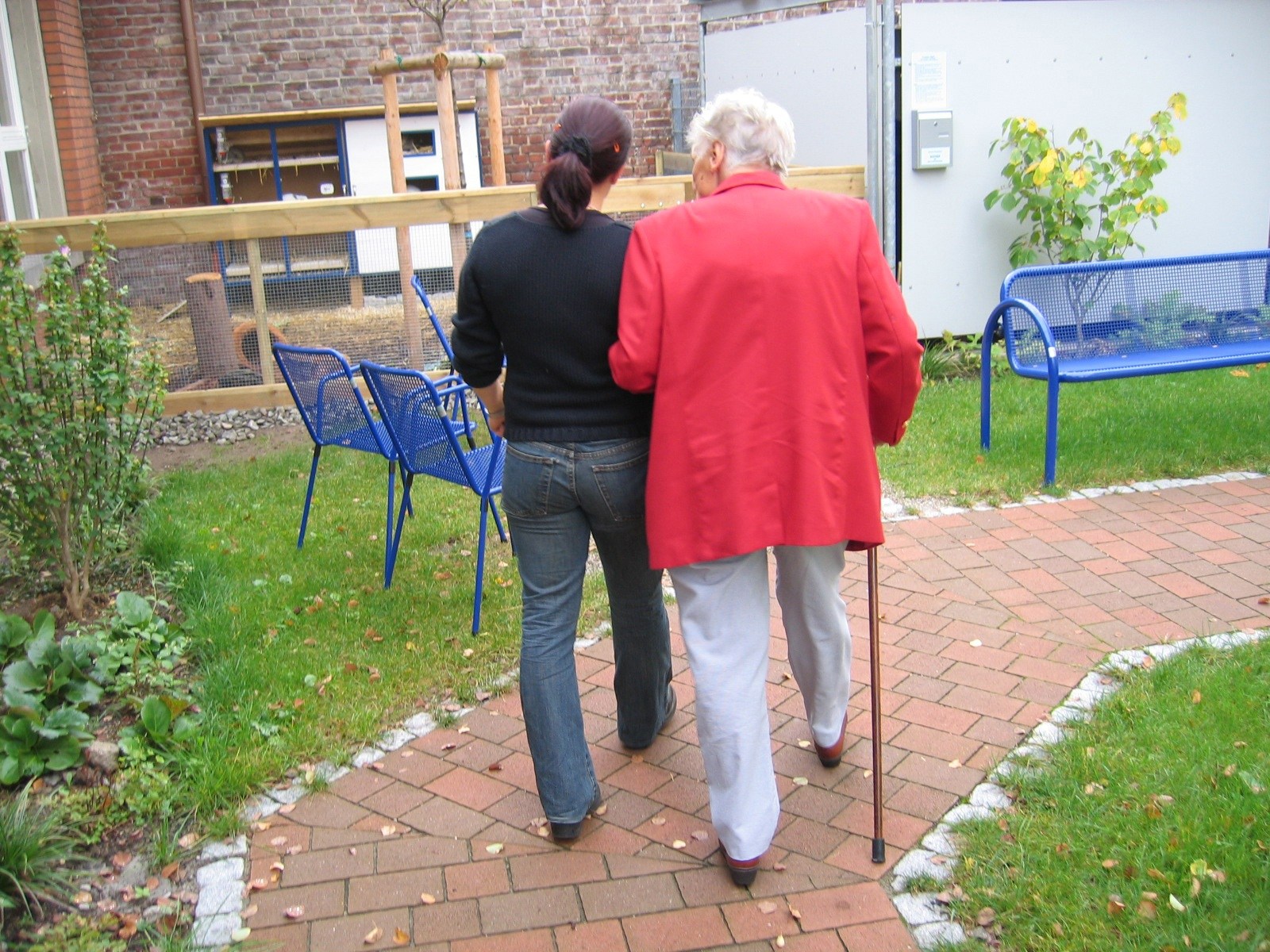
.jpg)




